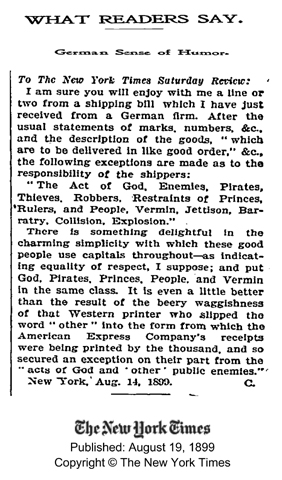For the first time, foreign media will be able to report freely and publish their work freely in China. There will be no censorship on the Internet.
(Jacques Rogge, president of the IOC, in a statement towards AFP on July 17, 2008)
I said what I thought and I said what I had to say and I reminded them of what they said themselves. This is not me lecturing them to do this and that. I said simply ‘you have said that, may I remind you of what you said yourself.’
(Jacques Rogge, president of the IOC, in an interview with dpa on July 23, 2008)
In another act of complacency towards the host of the Olympic Games 2008 in Beijing, the International Olympic Committee (IOC) bows out from its guarantees of freedom of press and unrestricted access to the internet for the foreign media covering the event.
Given the IOC’s policy of appeasement (“silent diplomacy” in Rogge’s sugar-coated wording) towards China’s use of force against political activists, journalists, religious minorities and dissidents in general in recent months, this comes hardly as a surprise. It is most evocative of the Committee’s shameful downplaying of Beijing’s role in the Tibet conflict and of it lending support to the Chinese regime’s exploitation of the Torch Relay this year (a “Journey of Harmony” in the PRC’s sugar-coated wording), a propagandistic coup de force unparalleled since the 1936 Berlin Games. And yet, these mishandlings do almost pale with regard to the IOC’s latest, yet again, weaseling tactics, and there is reason for pointing this out:
In the run-up to the Summer Games, Western powers, media and companies have shown time and again an amazingly acquiescent attitude towards China’s deteriorating human rights abuse records. This may be partly motivated by hopes for a change in the regime magically cropping up in the course of preparation and hosting of this year’s Olympics. While there have been critical reports on corruption and gross abuses in the “middle kingdom” (??), for sure, they have been counterbalanced, however, by stressing China’s economic and social prospects in most cheerful colours.
One should think that interpreting marginal developments as policy steps towards a bright democratic future…
There are, however, more issues at stake. While the concept of ?? in Chinese society (“maintaining face” in view of a person’s prestige) is hardly news to the Western world, the recent fashion of the “culturally aware” of putting much emphasis on this in the dialogue with our Chinese partners is responsible for a damning lack of adequate response by many of our representatives to China’s increasing power. In fact, this misunderstood (one-dimensional) “respect” for cultural idiosyncrasies proves highly irresponsible as it undermines both our particular positions and any prospect on universally agreed-on principles.
We need to underline our interests and present them with intact core articles of faith as non-negotiable conditiones sine non quibus. We must not accept the disregard of the PRC’s dictatorial regime for basic human rights, neither with view to the Chinese people itself nor, and particulaly not, as regards Western customs, traditions, societies and citizens, and yet the West seemingly does so again and again by failing to address outstanding problems and promises. A position of strength, even in the eye of China’s rapidly awakening sleeping giant, can only be maintained by maintaining one’s own face. Unfortunately, for the most part, ??, the concept and practice of kowtow, seems to prevail in our dealings with our friends from the East. (A similar pattern, btw, seems to guide our approach to Islam and militant Islamism.)
… should now, even for the ever so often optimistic, prove a tad more difficult.
In a case of strange coincidence, I found another report next to today’s news on the IOC’s failure to protest China’s censoring of foreign correspondents. It is reminiscent of this one and that one, and in fact it initially triggered this blog entry. The IOC’s cop-out in the face of the PRC’s breach of contracts – no, scrap that; news have it that the Committee itself forgot to tell about concluding such a deal and hence it is a case of the IOC shirking responsibility for the very idea of the Olympic Games – is probably not the final word on these Summer Games. More is there to follow, I’m afraid.
Isn’t it about time to reconsider boycotting the Beijing Games 2008? I certainly think so.
PS: Funny, yesterday Google wouldn’t let me find most sources linked to in this article. Telling, innit?
[Archiv: Ursprünglich veröffentlicht am 31.07.2008.]

